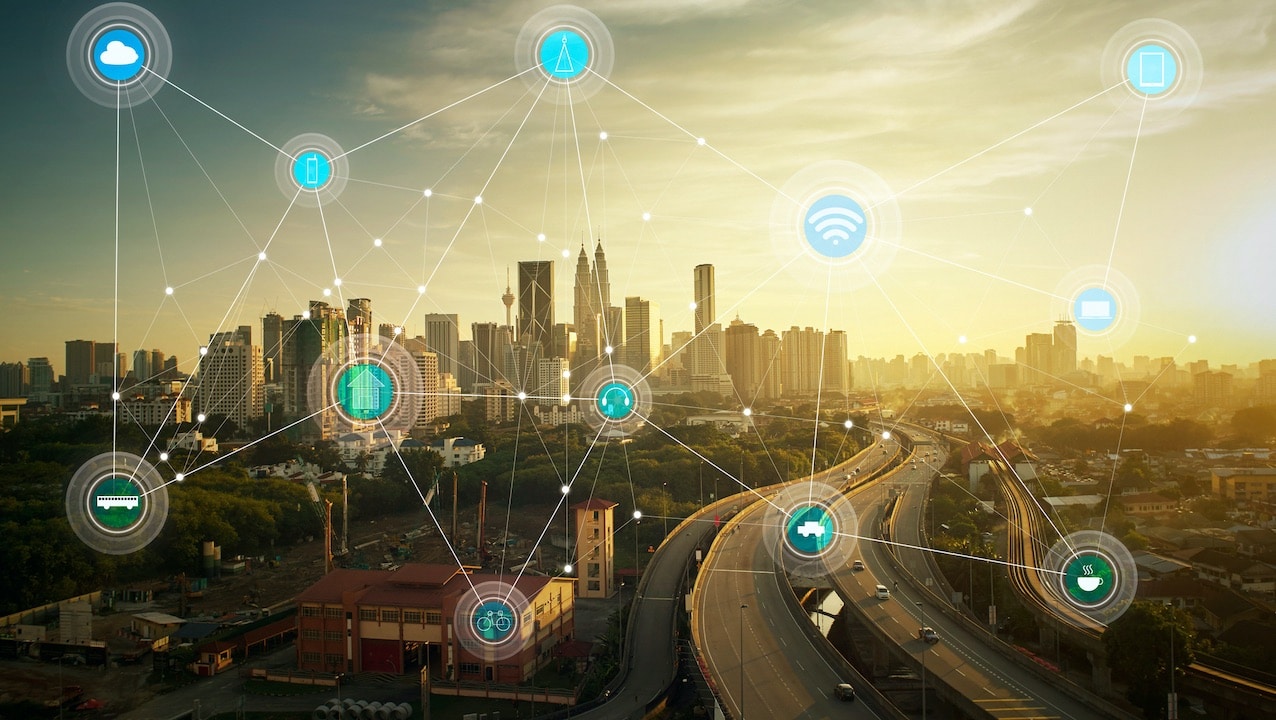When we say “I would pay to live there”, we often make a hyperbole, that is, we do not say exactly what we think, but we exaggerate a little.
Not so with regard to the desire of Italians to live in a smart city: many of our countrymen involved in a survey would be willing to spend to live in a smart city. But how much to spend? And how are we in our country as far as smart cities are concerned? Which are virtuous and which are still struggling in this sense?
A survey promoted by Intel Italia and commissioned to Pepe Research, an Italian company of market and socio-political research, tries to answer these and other questions. The (eloquent) title of the survey is “Italians and smart cities”.
The survey
The research commissioned by Intel and conducted by Pepe Research took place from 11 to 23 October 2021 and involved our compatriots aged between 18 and 64 in 2010.
The survey covered various aspects of the relationship between respondents and smart cities. Let’s find out some data.

Do Italians know what smart cities are?
The first figure is perhaps not the most encouraging. Because almost half of the sample (49%) does not know what a smart city is or has a vague idea about it.
Those who have shown interest in the subject mentioned some elements considered fundamental in a smart city. That is, attention to the environment and sustainability (48%), safety (45%) and energy efficiency and smart mobility (40%).
The younger the interviewees are, the more their interests shift from safety (which matters above all to the more mature) towards the environment.
How smart are Italian cities
Called to answer on how smart your city of reference is, the sample interviewed put Milan at the top of the ranking, followed by Bologna and Padua. Lagging behind is Romein tenth and last position.
With another question, he asked for a projection on how smart the same cities will be in ten years, and in all cases the estimate of the interviewees is upwards, so to speak. According to their forecasts, in fact, in this sense all the main Italian cities will improve.
Out of a maximum score of 10, for example, Milan earned a 6.2. But that becomes 7.4 in the projection to 2032. And Rome, which now has only a 4.3, will reach 5.6.
In general, just 13% of respondents think they live in a smart city, but 68% are confident that they will live there in the next 10 years.
The most favored categories
According to the respondents, life in a smart city would improve above all for young people (for 89% of the sample) and for young couples (88%). But even the elderly would be better off in a smart city, at least for 62% of those surveyed.
Would you pay to live there?
61% would move to a smart city located in their region, and 79% if it were in their province. And 87% would move all their work activities to a smart city if the distance from their residence could be covered in less than half an hour.
Returning to the question posed at the beginning of the article, we discover that 68% of our fellow citizens would be willing to bear an economic cost in order to live in the comforts of a smart city. Of what extent? Most of the respondents would spend around € 150 more per year. But 18% of the sample would even reach a monthly investment of 600 euros.
Smart: city e working
Smart working is closely linked to the smart city.
78% of the sample argues that this way of working has changed their way of relating to the territory, especially as regards the number of trips and the number of places frequented.
A percentage higher than one point, 79%, would therefore like to continue in agile work for a greater number of hours. Although 83% believe it can be improved in various aspects. 45% of the interviewees, for example, consider the software and hardware equipment inadequate.
Intel’s comment
Andrea Toigo, Intel’s EMEA IoT Manager, commented on the results of the survey commissioned to Pepe Research.
Toigo said: “Modern cities are growing rapidly, with 55% of the world’s population living in one city and projected growth of 13% by 2050. Cities face the challenge of providing better quality and more sustainable services, improving public safety, addressing environmental issues and promoting the local economy.
To get all of this you look at technological solutions. Technologies such as the Internet of Things (IoT), artificial intelligence (AI) and 5G can support cities in improving services, safety, the environment and urban planning. The scope and impact are broad, but each application leads to an improvement in the quality of life of citizens. “















Leave a Reply
View Comments